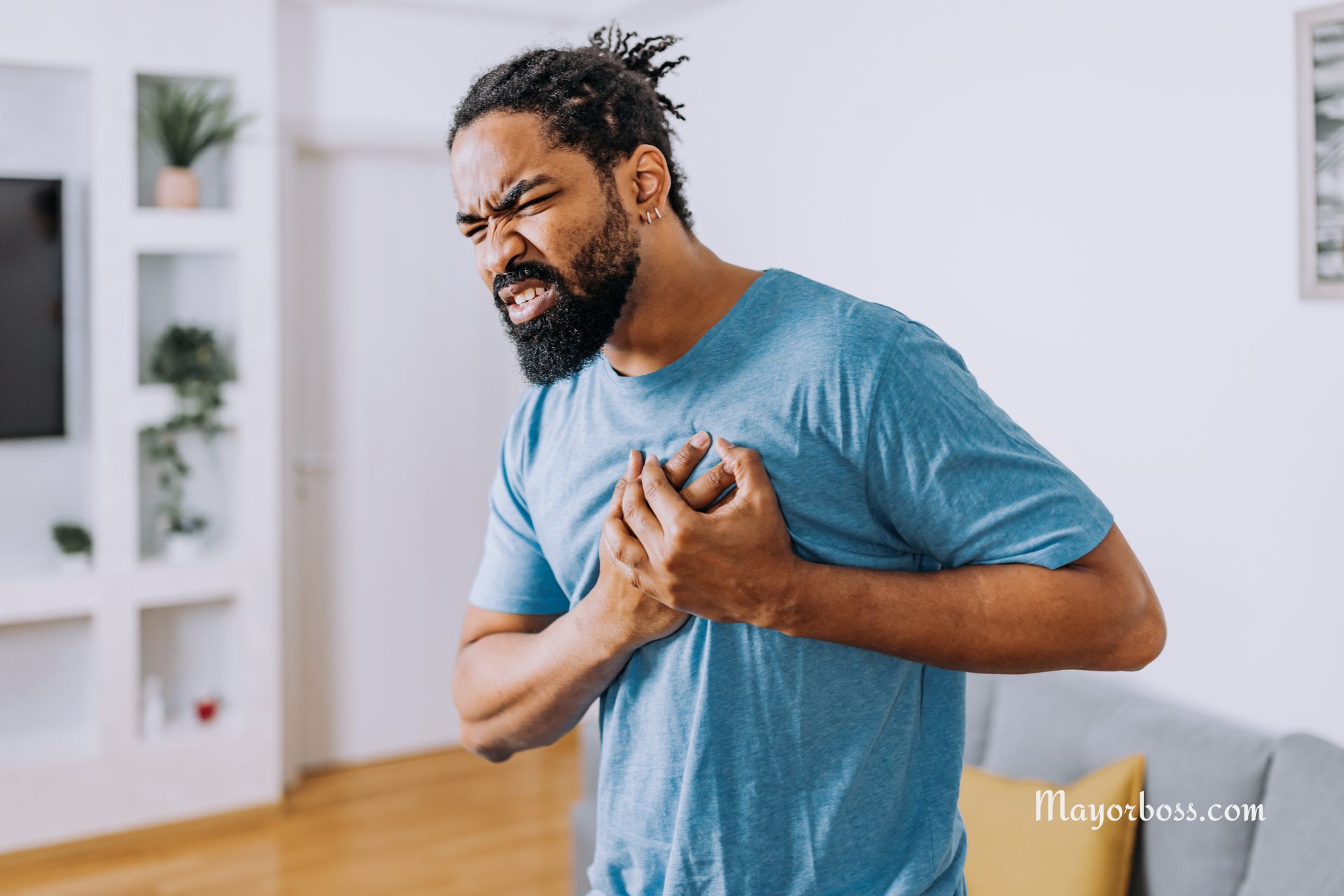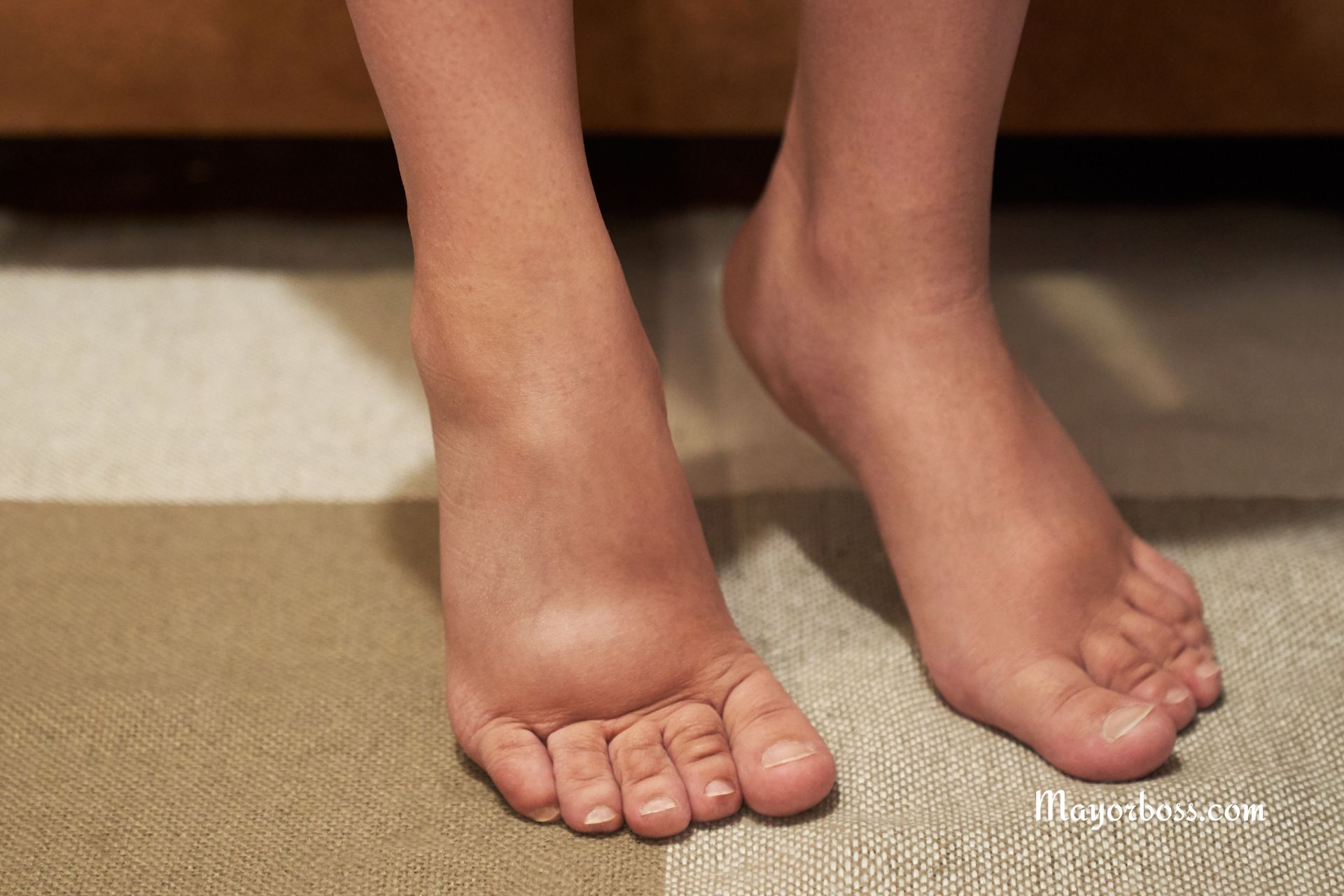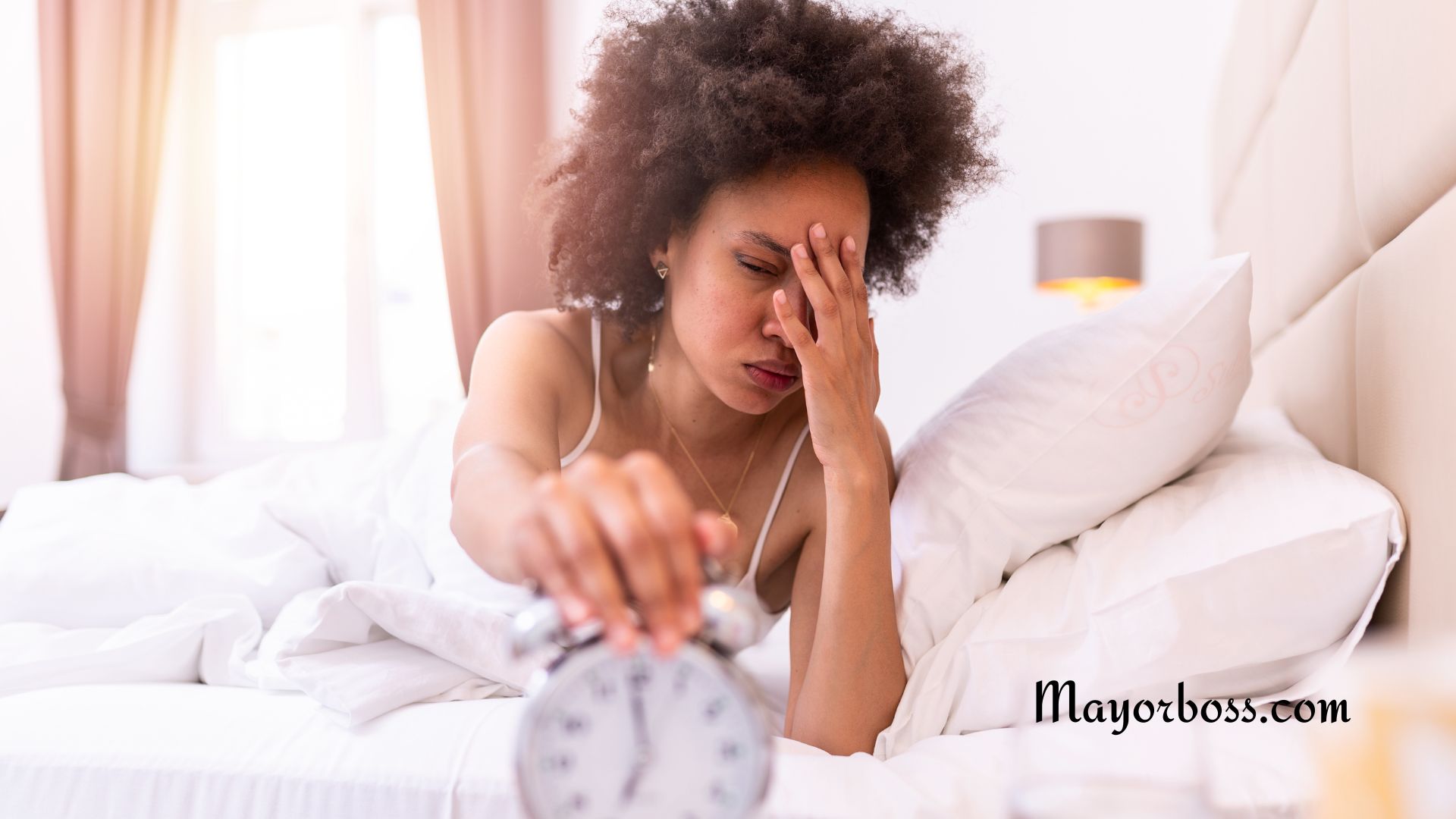Stop Sitting Yourself into Pain: How to Prevent Dead Butt Syndrome
In our modern world, where sitting for long periods has become the norm, a peculiar and often overlooked condition known as “Dead Butt Syndrome” (DBS) is creeping up on many of us. Yes, you heard it right—your butt can “fall asleep,” but not in the way you might think. This condition, technically known as Gluteus Medius Tendinopathy, involves pain and numbness due to prolonged inactivity of the glute muscles. Fortunately, you can take steps to prevent and combat DBS. Let’s delve into understanding this condition and how you can keep your butt “awake” and healthy.

What is Dead Butt Syndrome?
Dead Butt Syndrome occurs when the gluteus medius—one of the three primary muscles in your buttock—becomes weakened due to extended periods of sitting. This weakening can lead to pain in your hips and back and even affect your gait. Interestingly, despite its humorous name, DBS can have serious implications for your overall physical health.
Symptoms of Dead Butt Syndrome
The symptoms of DBS are more than just a numbing sensation. You might experience:
- Lower back pain
- Hip pain
- Difficulty standing after sitting for long periods
- A feeling of instability when you walk or run
These symptoms arise because the glute muscles play a crucial role in stabilizing your pelvis and supporting your spine. When they’re not engaged regularly, other parts of your body take on the strain, leading to discomfort and, potentially, more serious injuries.
Preventing Dead Butt Syndrome
The key to preventing DBS is surprisingly simple—movement. However, incorporating that movement into your daily routine requires a bit of creativity and dedication.
Break Up Your Sitting Time
Firstly, aim to stand up and move around every 30 minutes. It doesn’t need to be a long break; even a short walk to grab a glass of water counts. These small movements can re-engage your glutes and alleviate pressure on your hips and back.
Strengthen Your Glutes
Regularly performing exercises that target your glute muscles can also make a huge difference. Here are a few you can easily do at home or in the office:
- Squats: The quintessential glute-strengthening exercise.
- Lunges: Great for engaging the gluteus medius.
- Glute bridges: Ideal for activating the lower back and hips, along with the glutes.
Adjust Your Work Environment
Consider using a standing desk or an ergonomic chair that encourages good posture. Proper alignment of your spine and pelvis can help keep your glute muscles engaged even when you’re sitting.
Stay Active
Lastly, incorporate more physical activity into your daily life. Regular walking, cycling, or swimming can ensure that your glutes are regularly activated, reducing the risk of DBS.
When to Seek Help
If you’re experiencing persistent pain or discomfort that you suspect might be related to DBS, it’s crucial to consult with a healthcare professional. They can provide a proper diagnosis and recommend a treatment plan to your needs, which may include physical therapy or specific exercises to strengthen your glutes and alleviate your symptoms.
Frequently Asked Questions
1. Can Dead Butt Syndrome be reversed? Absolutely. With the right exercises and lifestyle adjustments, you can strengthen your glutes and alleviate the symptoms of DBS.
2. How long does it take to recover from DBS? The recovery time varies depending on the severity of the condition and how consistently you follow your prevention or treatment plan. Generally, noticeable improvements can be seen within a few weeks.
3. Is Dead Butt Syndrome common? Yes, it’s becoming increasingly common, especially among people who lead sedentary lifestyles or work jobs that require long hours of sitting.
In summary, while Dead Butt Syndrome may sound amusing, its impact on your health is no laughing matter. Fortunately, with some simple changes to your daily routine and a commitment to staying active, you can keep your glutes engaged, strong, and far from “dead.” So, stand up, get moving, and give your butt the attention it deserves to support your overall health and well-being.






